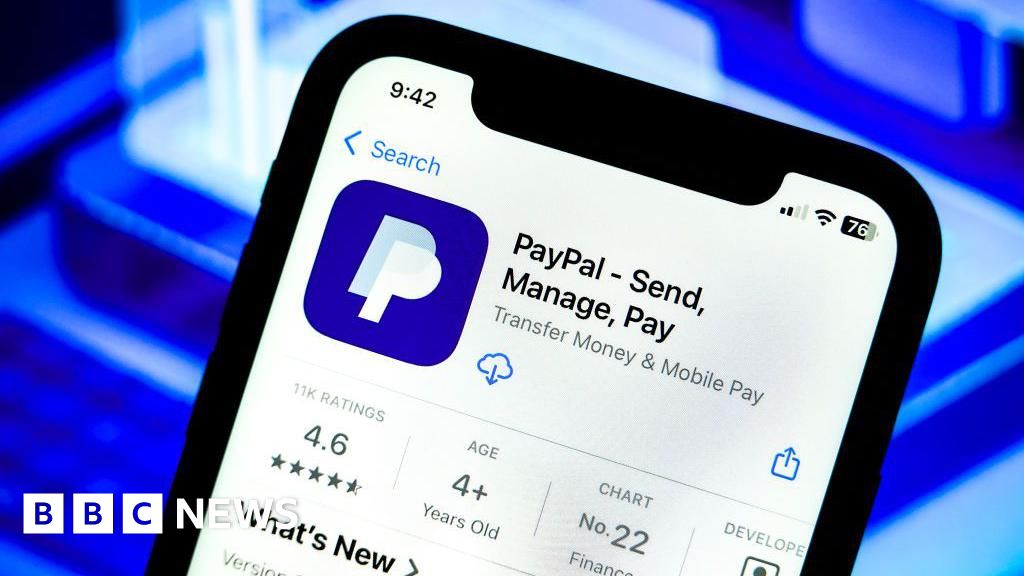Recent undercover investigations by the BBC have uncovered a disturbing trend: immigration scammers are preying on foreigners searching for jobs in the UK's care sector. Many of these rogue agents, including a Nigerian doctor, use cunning tactics to exploit the visa sponsorship system for their own gain.
The BBC investigation shows the ease with which these scammers operate. One agent, Dr. Kelvin Alaneme, was caught on camera discussing how to sell non-existent jobs to desperate migrants, promising them lucrative salaries and a smooth transition to the UK. His under-the-table exchanges revealed a dark underground market flourishing as a result of a growing need for care workers due to staff shortages.
According to experts, the recent broadening of the visa scheme in 2022 has only opened the doors for more exploitation. Since then, many hopeful candidates have been taken in by agents who require hefty payments for job placements that never materialize. Victims, such as Praise from Nigeria, recounted their experiences of paying thousands for jobs that didn't exist, leaving them stranded and without support.
The investigation indicates that this type of fraud is widespread and sophisticated. Some agents even go as far as creating fake payroll systems and using forged sponsorship documents to lure potential workers into a false sense of security. The Home Office has recognized the issue and is working to crack down on these scams, which have seen over 470 licences revoked within the care sector.
Moving forward, the government plans to implement regulations that prioritize hiring international workers already in the UK over those from abroad, which could safeguard against such exploitations in the future. However, for many hopeful migrants, the damage has already been done.
This investigation sheds light on a critical issue within the UK's immigration system and the desperate measures people will take for the promise of a better life.
### Summary
A BBC investigation has revealed tactics used by immigration scammers in the UK. Agents sell fake job offers to foreign nationals seeking work in the care sector. The Home Office is taking action to combat the rise in these scams.
The BBC investigation shows the ease with which these scammers operate. One agent, Dr. Kelvin Alaneme, was caught on camera discussing how to sell non-existent jobs to desperate migrants, promising them lucrative salaries and a smooth transition to the UK. His under-the-table exchanges revealed a dark underground market flourishing as a result of a growing need for care workers due to staff shortages.
According to experts, the recent broadening of the visa scheme in 2022 has only opened the doors for more exploitation. Since then, many hopeful candidates have been taken in by agents who require hefty payments for job placements that never materialize. Victims, such as Praise from Nigeria, recounted their experiences of paying thousands for jobs that didn't exist, leaving them stranded and without support.
The investigation indicates that this type of fraud is widespread and sophisticated. Some agents even go as far as creating fake payroll systems and using forged sponsorship documents to lure potential workers into a false sense of security. The Home Office has recognized the issue and is working to crack down on these scams, which have seen over 470 licences revoked within the care sector.
Moving forward, the government plans to implement regulations that prioritize hiring international workers already in the UK over those from abroad, which could safeguard against such exploitations in the future. However, for many hopeful migrants, the damage has already been done.
This investigation sheds light on a critical issue within the UK's immigration system and the desperate measures people will take for the promise of a better life.
### Summary
A BBC investigation has revealed tactics used by immigration scammers in the UK. Agents sell fake job offers to foreign nationals seeking work in the care sector. The Home Office is taking action to combat the rise in these scams.






















